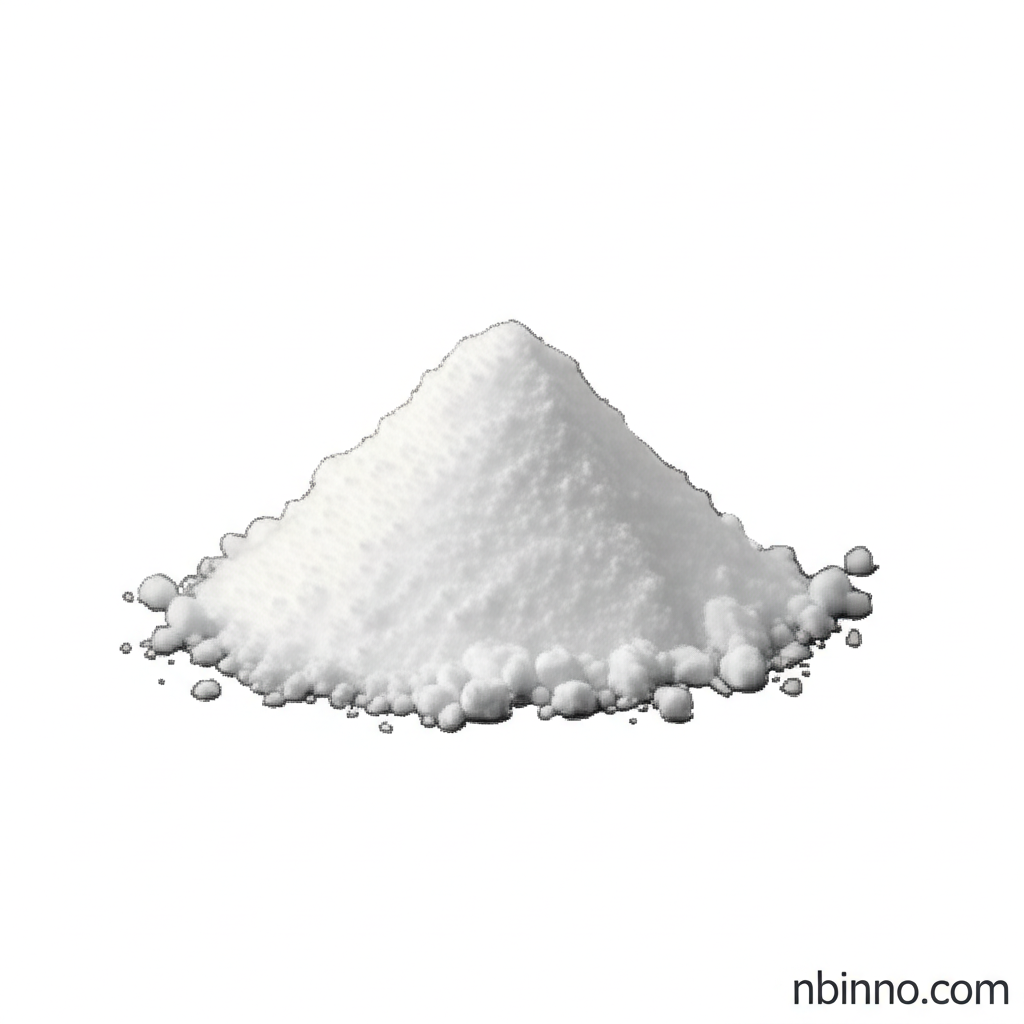Unveil Brighter Skin with High-Quality Kojic Acid
Discover the power of Kojic Acid for effective skin whitening, melasma reduction, and tackling age spots.
Get a Quote & SampleProduct Core Value

Kojic Acid
Kojic acid is a highly sought-after cosmetic ingredient that functions as a potent melanin-specific inhibitor. By forming complexes with copper ions within skin cells, it alters the structure of tyrosinase, the key enzyme responsible for melanin production. This action effectively prevents the formation of melanin, leading to a brighter and more even skin tone. Unlike many other whitening actives, Kojic Acid exhibits a strong tyrosinase inhibitory effect without negatively impacting other cellular enzymes, ensuring its safety and efficacy.
- Experience skin lightening by inhibiting melanin formation, a key benefit for those targeting uneven skin tone and dark spots.
- Effectively minimize liver spots and other signs of aging by preventing the production of excess pigment.
- Promote an even skin tone across all skin types, addressing concerns like post-inflammatory hyperpigmentation and sun damage.
- Leverage its antioxidant properties to protect the skin from environmental stressors, contributing to a more youthful appearance.
Key Advantages of Kojic Acid
Superior Skin Whitening
Kojic acid is a potent skin lightening ingredient that works by inhibiting tyrosinase, leading to a visibly brighter complexion.
Targeted Hyperpigmentation Treatment
Effectively addresses various forms of hyperpigmentation, including melasma and age spots, for a more uniform skin tone.
Gentle & Safe Alternative
Offers a gentle, low-risk option compared to harsher skin-lightening agents, making it suitable for a wide range of users.
Key Applications
Cosmetic Formulations
Widely incorporated into lotions, creams, and masks for effective skin whitening and the treatment of freckles and pigmentation.
Food Preservation
Functions as a natural preservative, antioxidant, and color protector in various food products, enhancing shelf life.
Pharmaceutical Use
Serves as a raw material for cephalosporin antibiotics, demonstrating analgesic and anti-inflammatory properties.
Agricultural Applications
Used in the production of biopesticides and as a crop production promoter, showing a positive yield increase effect.
